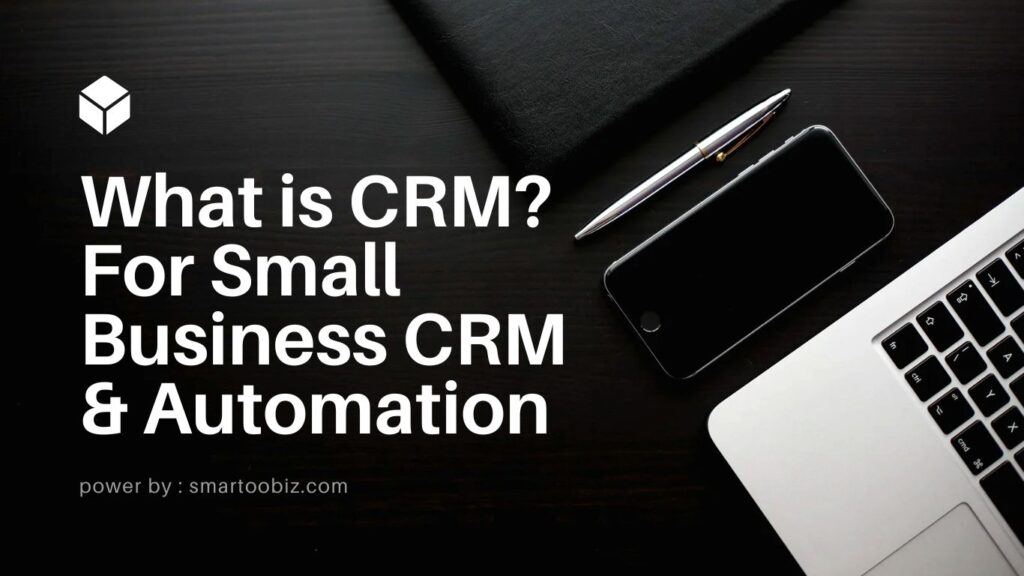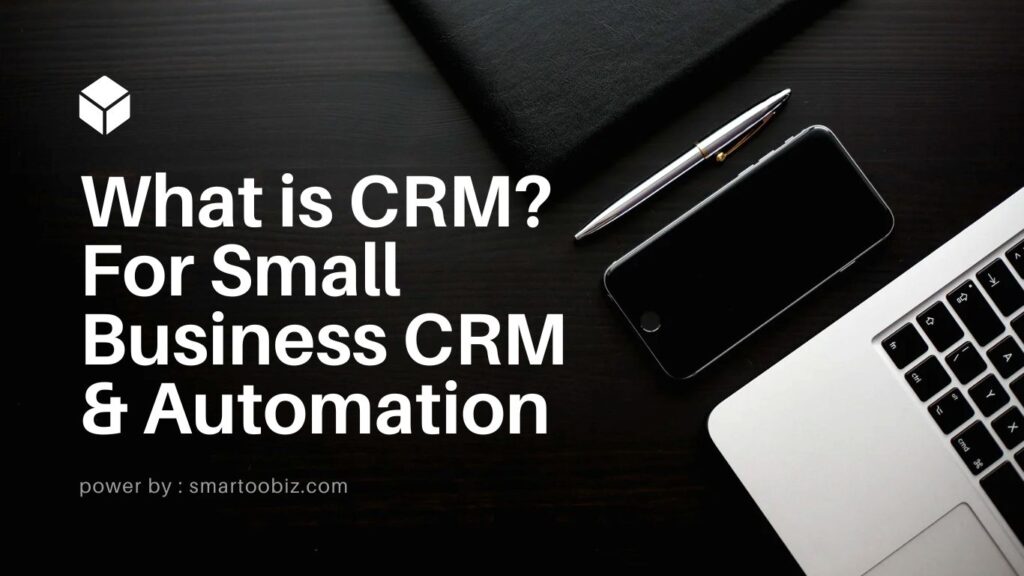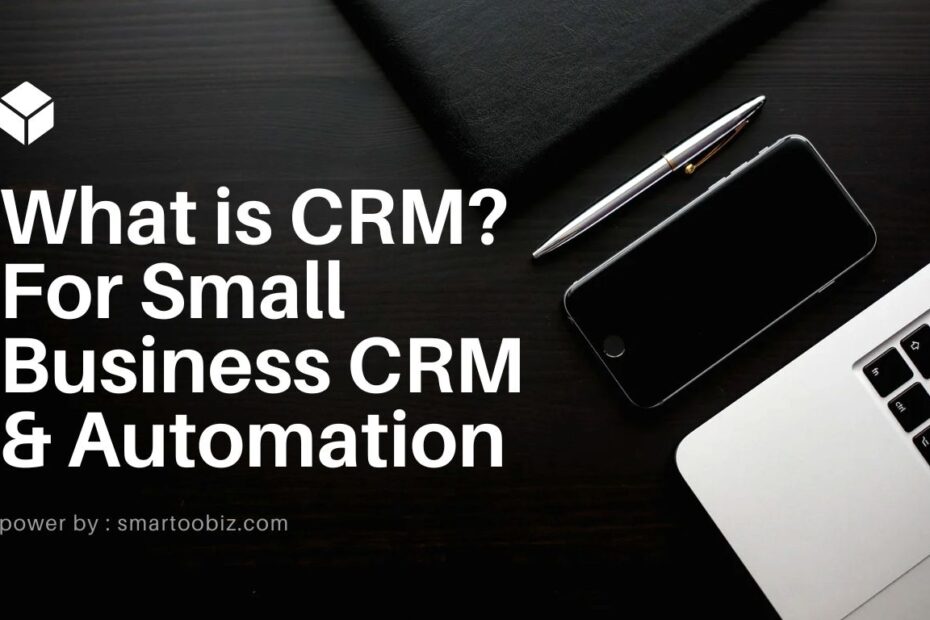Hey. I want to share five things about What is CRM? For Small Business CRM & Automation. This sounds unk to me because I just heard about this and it is also a challenge for me to work with you. This article took me three weeks to conclude What is CRM? For Small Business CRM & Automation. So without spending a lot of time let’s get started now.
Read More : What is Web Analytics? Definition, Examples, & Tools
See More : https://heylink.me/sabrina-zahira
Table Of Content
- What is the customer relationship management (CRM) system?
- What is the importance of customer relationship management (CRM) in marketing?
- Is customer relationship management (CRM) an industry or market?
- Brief history of CRM
- Why is it necessary?
What is the customer relationship management (CRM) system?
Customer Relationship Management (CRM) is a technology-driven strategy and approach that businesses use to manage and improve relationships with their customers. A CRM system is a software tool or platform that facilitates this strategy by centralizing and organizing customer data, interactions, and activities across various touch points. The primary goal of a CRM system is to help businesses build and maintain stronger customer relationships, enhance customer satisfaction, and ultimately increase customer loyalty and retention.

Key features and capabilities of a CRM system typically include:
- Customer Data Management: CRM systems serve as a centralized repository for storing customer information, including contact details, purchase history, communication preferences, and interactions with the company.
- Contact and Lead Management: CRM systems help manage leads and track the entire customer journey, from initial contact to conversion and beyond. This allows businesses to nurture leads, prioritize follow-ups, and track the progress of potential opportunities.
- Sales Automation: CRM systems often include sales automation features that streamline sales processes, such as lead assignment, task reminders, and automated email notifications.
- Marketing Automation: Some CRM systems offer marketing automation capabilities, allowing businesses to automate and personalize marketing campaigns, track campaign performance, and manage customer segmentation.
- Customer Service and Support: CRM systems can handle customer service and support functions by tracking customer inquiries, managing support tickets, and ensuring timely responses to customer issues.
- Reporting and Analytics: CRM systems provide insights through various reports and analytics, helping businesses analyze customer data, measure sales performance, and identify trends and opportunities.
- Integration Capabilities: Many CRM systems offer integration with other business tools and software, such as email marketing platforms, e-commerce systems, and accounting software, to streamline data flow and enhance overall efficiency.
- Mobile Access: Modern CRM systems often come with mobile applications or responsive interfaces, enabling sales and customer service teams to access customer information on the go.
CRM systems are used across various industries and businesses of all sizes, from small startups to large enterprises. By implementing a CRM system, organizations can gain a better understanding of their customers, improve communication, deliver personalized experiences, and make data-driven decisions to enhance overall business performance.
Read More : What is Web Analytics? Definition, Examples, & Tools
See More : https://heylink.me/sabrina-zahira
What is the importance of customer relationship management (CRM) in marketing?
Customer Relationship Management (CRM) plays a crucial role in marketing, as it focuses on building and maintaining strong relationships with customers. The importance of CRM in marketing can be highlighted in several ways:
- Customer Retention:CRM helps businesses retain existing customers by understanding their needs and preferences. By maintaining a comprehensive database of customer information, businesses can tailor their marketing strategies to meet individual customer requirements.
- Customer Segmentation:CRM tools enable marketers to segment their customer base based on various criteria such as demographics, buying behavior, and preferences. This segmentation allows for more targeted and personalized marketing campaigns, leading to higher customer engagement and satisfaction.
- Personalized Marketing:With detailed customer profiles and histories, businesses can create personalized marketing messages and offers. This level of personalization helps in delivering relevant content to customers, increasing the likelihood of conversion and fostering a stronger connection between the brand and the customer.
- Customer Feedback and Insights:CRM systems facilitate the collection and analysis of customer feedback. This information is invaluable for understanding customer satisfaction levels, identifying areas for improvement, and adapting marketing strategies accordingly.
- Improved Customer Service:CRM tools streamline customer service processes by providing quick access to customer information. This allows customer service representatives to address queries, concerns, and issues more efficiently, leading to improved customer satisfaction.
- Cross-selling and Upselling Opportunities:Through a better understanding of customer preferences and buying patterns, businesses can identify opportunities for cross-selling and upselling. CRM systems help in recommending additional products or services to customers, increasing the average transaction value.
- Data-Driven Decision Making:CRM provides valuable data and insights that can be used for data-driven decision-making. Marketers can analyze customer trends, track the effectiveness of marketing campaigns, and make strategic decisions based on real-time information.
- Efficient Lead Management:CRM helps in managing and tracking leads throughout the sales funnel. By understanding where each lead is in the buying process, marketers can tailor their efforts to nurture leads effectively and move them closer to making a purchase.
- Customer Loyalty Programs:CRM systems support the implementation of customer loyalty programs. By rewarding loyal customers and providing personalized incentives, businesses can strengthen customer loyalty and encourage repeat business.
- Cost Savings:Efficient use of CRM can lead to cost savings. By automating routine tasks, businesses can streamline processes and allocate resources more effectively, reducing the overall cost of marketing operations.
In summary, CRM is essential in marketing as it enables businesses to create meaningful and long-lasting relationships with customers, tailor marketing efforts to individual needs, and ultimately drive customer satisfaction and loyalty.

Is customer relationship management (CRM) an industry or market?
Customer Relationship Management is an information industry term for methodologies, software, and, usually, Internet capabilities that help an enterprise manage customer relationships in an organized way.
For example, an enterprise might build a database about its customers that described relationships in sufficient detail. Therefore, management, salespeople, people providing services, and perhaps the customers could directly access information,
Read More : What is Web Analytics? Definition, Examples, & Tools
See More : https://heylink.me/sabrina-zahira
Match customer needs with product plans and offerings, remind customers of service requirements, and know what other products a customer had purchased. According to one industry view, CRM consists of:
- Helping an enterprise to enable its marketing departments to identify and target their best customers, manage marketing campaigns with clear goals and objectives, and generate quality leads for the sales team.
- Assisting the organization to improve telesales, account, and sales management by optimizing information shared by multiple employees, and streamlining existing processes (for example, taking orders using mobile devices).
- Allowing the formation of individualized relationships with customers, with the aim of improving customer satisfaction and maximizing profits; identifying the most profitable customers and providing them the highest level of service.
- Providing employees with the information and processes necessary to know their customers, understand their needs, and effectively build relationships between the company, its customer base, and distribution partners.
Brief history of CRM
With the advent of e-commerce comes the e-customer. According to Vantive, a customer relationship management solutions provider, the e-customer expects constant access to a company; through e- mails, call centers, faxes and websites. They demand immediate response and a personalized touch. Meeting their needs places new demands on the enterprise. Since traditional enterprise resource planning applications did not include a customer management aspect, CRM was the logical next step. Vantive, for example, has been developing and implementing customer-facing applications since 1992.
Two trends have brought CRM to the forefront, explains Boston University professor Tom Davenport, who directs Andersen Consulting’s Institute for Strategic Change. First, as global competition has increased and products have become harder to differentiate, “companies have begun moving from a product-centric view of the world to a customer-centric one,” says Davenport.
Why is it necessary?
Many companies are turning to customer-relationship management systems to better understand customer wants and needs. CRM applications, often used in combination with data warehousing, E-commerce applications, and call centers, allow companies to gather and access information about customers’ buying histories, preferences, complaints, and other data so they can better anticipate what customers will want. The goal is to instill greater customer loyalty.
Other benefits include:
- Provide faster response to customer inquiries.
- Increasing efficiency through automation.
- Having a deeper knowledge of customers.
- Getting more marketing or cross-selling opportunities.
- Identifying the most profitable customers.
- Receiving customer feedback that leads to new and improved products or services.
- Doing more one-to-one marketing.
- Obtaining information that can be shared with the company’s business partners.

Pingback: What is Lead Generation? Guide & Best Practices - smartoobiz.com